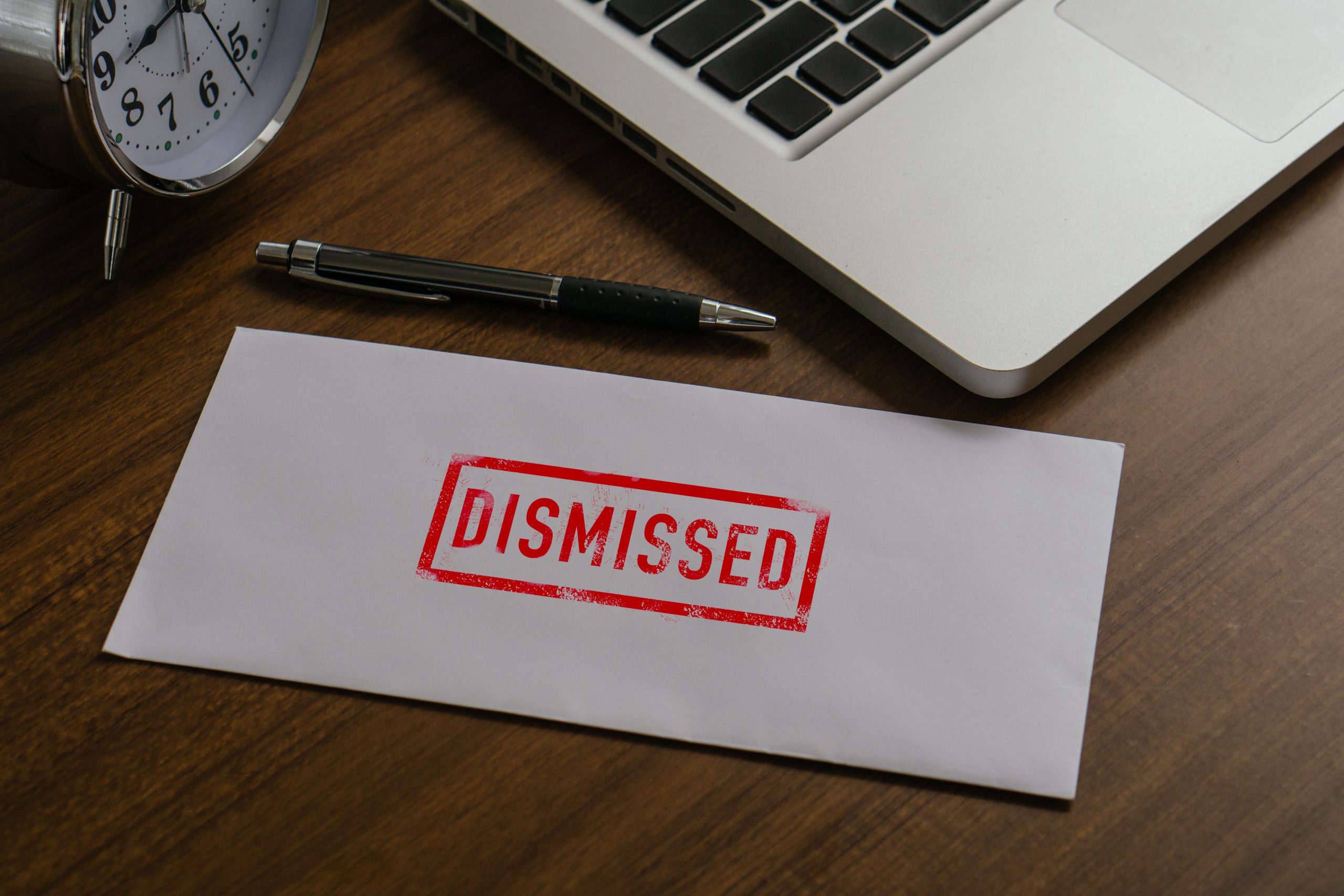“The Federal Circuit is not divested of its statutory jurisdiction to receive appeals of decisions of the Patent Trial and Appeal Board when the parties to an inter partes review have entered into a license agreement.” – Judge Newman dissent
 The U.S. Court of Appeals for the Federal Circuit (CAFC) today dismissed Apple, Inc.’s appeal of four decisions of the Patent Trial and Appeal Board (PTAB) in favor of Qualcomm. The CAFC found that an April 2021 CAFC decision (Apple I) on related PTAB rulings, in which the court found Apple lacked Article III standing, controlled. The opinion for the court was authored by Judge Prost. Judge Pauline Newman dissented.
The U.S. Court of Appeals for the Federal Circuit (CAFC) today dismissed Apple, Inc.’s appeal of four decisions of the Patent Trial and Appeal Board (PTAB) in favor of Qualcomm. The CAFC found that an April 2021 CAFC decision (Apple I) on related PTAB rulings, in which the court found Apple lacked Article III standing, controlled. The opinion for the court was authored by Judge Prost. Judge Pauline Newman dissented.
Look no Further Than Apple I
In part, the court in Apple I held that a global settlement between Apple and Qualcomm on the terms of a license agreement meant that “the validity of any single patent would have no effect on Apple’s ongoing payment obligations,” and that Apple had therefore failed to establish standing under the reasoning of MedImmune, Inc. v. Genentech, as it asserted. The court in Apple I explained: “Ultimately, Apple’s assertions amount to little more than an expression of its displeasure with a license provision into which it voluntarily entered. Such allegations do not establish Article III standing.”
Because Apple acknowledged and the CAFC held that the operative facts in the present case were the same as in Apple I, the court likewise dismissed the latest appeal for lack of standing.
Apple attempted to “raise a ‘nuance’” that it said Apple I had failed to address, namely, “why the threat of liability, if Apple ceases the ongoing payment and the agreement is terminated, is not a sufficient injury to support standing.” But the CAFC explained that it is bound by stare decisis and “can’t defy Apple I by dealing differently with its double.” Furthermore, the nuance Apple raised was the crux of its appeal for en banc review of Apple I, which was denied.
Apple alternatively asked the court to vacate the PTAB decisions in order “to eliminate any doubt about the applicability of estoppel.” But because Apple made the request only in its last-filed reply brief and at oral argument, rather than in its opening brief, the court found there was “no good reason” to do so. Additionally, the precedent Apple cited to support its request, United States v. Munsingwear, Inc., did not apply, said the court, because that case concerned mootness, not standing. “Because Apple’s injury disappeared before it invoked our jurisdiction, Apple’s problem is lack of standing at the outset of the appeal, not mootness,” said the CAFC.
Even if mootness applied, however, vacatur would still be improper because “the jurisdiction-destroying event is a settlement Apple voluntarily entered,” wrote the court.
Newman: License Agreements Don’t Preclude CAFC Jurisdiction
Judge Newman dissented, arguing that:
The Federal Circuit is not divested of its statutory jurisdiction to receive appeals of decisions of the Patent Trial and Appeal Board when the parties to an inter partes review have entered into a license agreement. Precedent is clear that a patent licensee may challenge the patent’s validity in federal court without loss of Article III standing due to the existence of a license.
Newman explained that, because the term of the license agreement was only six years, and not the life of the patents, there is “continuing controversy about validity of the licensed patents” and Apple will be subjected to “not only to continuing royalty
obligations, but also to the risk of estoppel in any district court proceedings after the license terminates.” Newman said the majority’s decision directly contradicts the statute and, similar to the recent Supreme Court holding in United States v. Arthrex that “PTAB decisions must be amenable to review by a principal agency officer, or the decisions must be vacated[,o]n similar
principles, if PTO decisions are denied the right of judicial review, they must be vacated.”

![[IPWatchdog Logo]](https://ipwatchdog.com/wp-content/themes/IPWatchdog%20-%202023/assets/images/temp/logo-small@2x.png)

![[Advertisement]](https://ipwatchdog.com/wp-content/uploads/2024/04/Artificial-Intelligence-2024-REPLAY-sidebar-700x500-corrected.jpg)
![[Advertisement]](https://ipwatchdog.com/wp-content/uploads/2024/04/Patent-Litigation-Masters-2024-sidebar-700x500-1.jpg)

![[Advertisement]](https://ipwatchdog.com/wp-content/uploads/2021/12/WEBINAR-336-x-280-px.png)
![[Advertisement]](https://ipwatchdog.com/wp-content/uploads/2021/12/2021-Patent-Practice-on-Demand-recorded-Feb-2021-336-x-280.jpg)
![[Advertisement]](https://ipwatchdog.com/wp-content/uploads/2021/12/Ad-4-The-Invent-Patent-System™.png)






Join the Discussion
2 comments so far.
John White
November 11, 2021 11:53 amI get Apple’s theory: agree to whatever, get a payment plan. Then selectively violate the agreement and undermine the very basis of it. Cool. So nothing is ever over and done with until Apple wins. Ever.
Jonathan R Stroud
November 10, 2021 04:59 pmThe majority felt bound, which they are; Judge Newman has the right of it. I think the Federal Circuit has overextended their appellate standing doctrine, as I’ve written in the past.